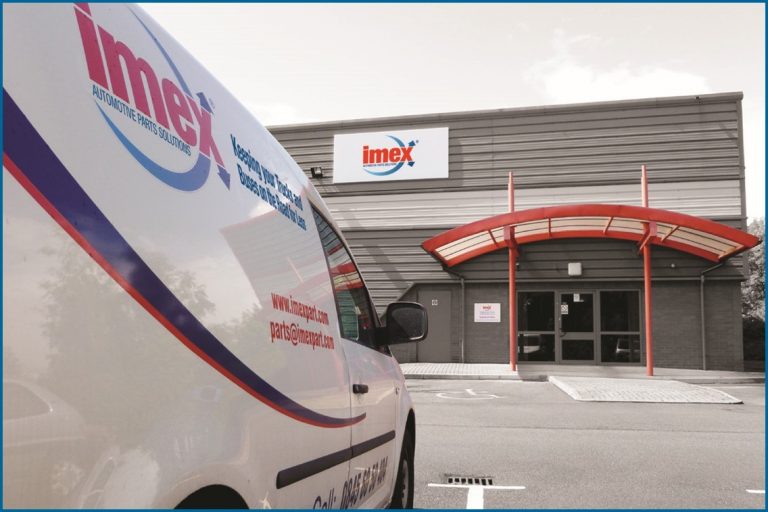The full refurbishment of Castle Hill Hospital’s MRI suite in East Yorkshire is now complete. Run by the Hull University Teaching Hospitals NHS Trust, the hospital, which is located west of Cottingham, has made a significant investment in a new state of the art scanner as part of the refurbishment.
Yorkshire construction firm, Hobson & Porter, has carried out the four-month programme of construction work. The project has included stripping out all the existing fittings and fixtures from floor to ceiling and the management of the specialist removal of the old MRI scanner, before thoroughly cleaning and making good all internal areas.
New flooring, walls, reflective ceiling panels, internal doors and screens have all been installed, along with a new mechanical and electrical system. A specialist radiofrequency (RF) Faraday shield enclosure was built to block electromagnetic fields, before the new MRI scanner was installed alongside a smart new control room for staff, complete with a smart glass system for viewing patients and virtual dimmable windows.
The £500,000 programme of works by Hobson & Porter is one of several projects the firm is working on in the heath and care sector. As well as working on projects for the NHS, Hobson & Porter also works for a number of medical technology businesses and is delivering several large-scale care homes across the North of England.
Sam Robertson from Hobson & Porter said: “We have built up an impressive portfolio of works for NHS Trusts, medical centres and care operators over the years. We adapt our work schedules to take into account the fact that we are operating in fully functioning medical environments and work hard to deliver our projects on time and within budget, which is key to our success in this specialist area.
“This new state of the art MRI suite will enable Castle Hill Hospital to continue providing the best possible levels of patient care and it’s an honour to be part of this development, which will ultimately help to save lives in Hull.”












